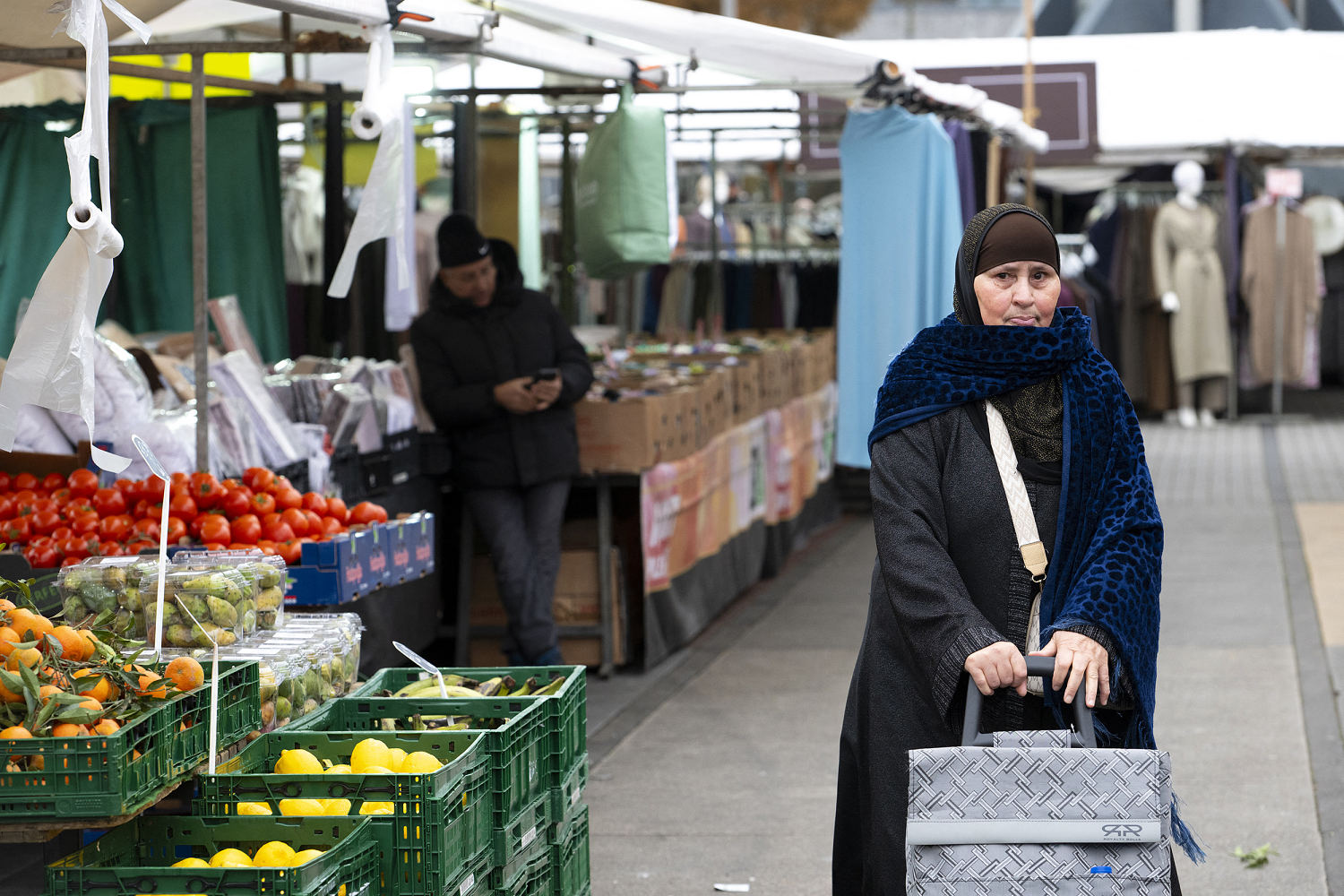
[ad_1]

“My position in society, my nationality, is not sure, never sure, no matter what generation I am,” he told NBC News over the phone. “I always have to defend who I am.”
In a post on X, Taibi said that the government cannot begin to tackle antisemitism until it stops attacking Moroccans and Muslims.
“The Dutch govt wants to ‘exterminate’ anti-semitism,” he said. “How can they do that in any credible way when ministers can’t refrain from uttering racist rhetoric about Moroccans, Muslims?” Taibi added, citing offensive slurs that have circulated in local media.
“Imagine similar rhetoric being used against Jews. One wouldn’t politically survive for a single minute,” he said.
Bram Beute, the leader of a Protestant church in Amsterdam’s predominantly Muslim Nieuw-West neighborhood, said the government pointing to “failed integration and saying these people do everything wrong is a very one-sided story.”
“Many of these young people encounter difficulties in the job market, as they have to apply 30 times before they get a job or an internship, just because of their surname,” he told NBC News. “You can point to integration, but there is also a responsibility with the government and society.”
Led by Schoof, the current government is the most right wing in Dutch history, which intensified when Wilders’ Freedom party finished first in elections last November, going on to dominate the ruling coalition.
PVV’s manifesto called for a ban on mosques, the Quran and Islamic headscarves in government buildings. Wilders has also described Islam as the fascist ideology of a “retarded culture,” and a “backward religion.” In 2016 he was convicted of discrimination after he called Moroccans “scum” at a campaign rally.
His party’s rise to power reflects a broader trend where anti-immigrant right-wing parties have seen a surge in support across Europe this year, including in France, Austria and Germany.
Francesca Albanese, an expert for the United Nations Human Rights Council, posted on X that Islamophobia was coming to the fore through “Anti-Palestinian racism in European streets, squares, police stations, public offices, universities, schools.”
But in the Netherlands, frustrations in the Muslim community long predate the war in Gaza, the right-wing government and the recent riots.
Bert Klandermans, a sociology professor at Vrije University in Amsterdam, said violence like what broke out this month doesn’t emerge “without a history of anger and frustrations,” citing systemic inequalities that may have contributed to the eruption of tensions.
Steven Silvester, a teacher at a school in Nieuw-West, said the atmosphere in his “neighborhood was already rather grim” before the riots.
“These boys and girls are fully aware of the current political climate,” he told NBC News. “They can be 15 or 16 years old, but they really feel this, that they have to live under a [far-]right government who wants to see their failures confirmed.”
“And the difficult thing is that because of those riots,” Silvester added, “this gets confirmed.”
Both Wilders and Schoof have come under fire for their response to last week’s attacks, with some accusing the pair of weaponizing the event to stoke division with anti-Muslim rhetoric.
Muhsin Köktas, CEO of the Contactorgaan Moslims en Overheid (CMO), a Dutch partnership organization of over 380 mosques in the Netherlands, said Dutch politicians abused the chaos by using incendiary rhetoric following the violence.
“Politicians should try to unite people instead of fueling polarization,” he told NBC News.
Many Jewish people, meanwhile, were “really frightened,” according to Ruben Vis, a spokesperson for the Centraal Joods Overleg, which represents Jewish communities in the Netherlands.
“Amsterdam should be ashamed,” he said of the violence surrounding the the soccer game.
As the fallout from the violence in Amsterdam continues to ripple through Dutch society, both Jews and Muslims feel it has fueled racism against their communities, leaving many afraid of what may lie ahead.
“Apparently a Cabinet meeting is a comfortable place for these people to say their racist thoughts out loud,” Taibi said.
“If a minister can say such things about Moroccans, then everyone is allowed to say that, right?”
Freddie Clayton reported from London and Martijn van Delft from Rijnsburg, Netherlands.
[ad_2]
Source link